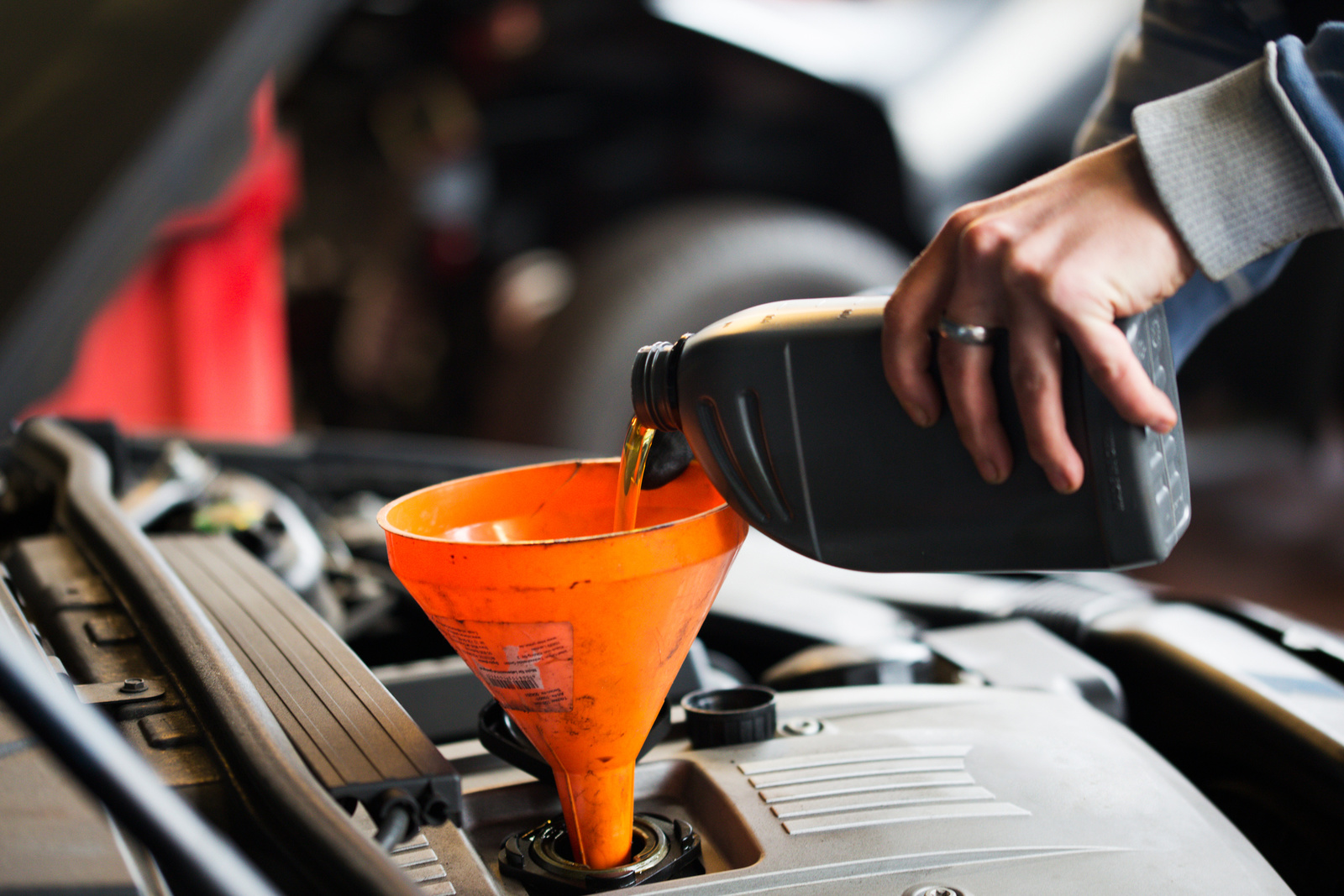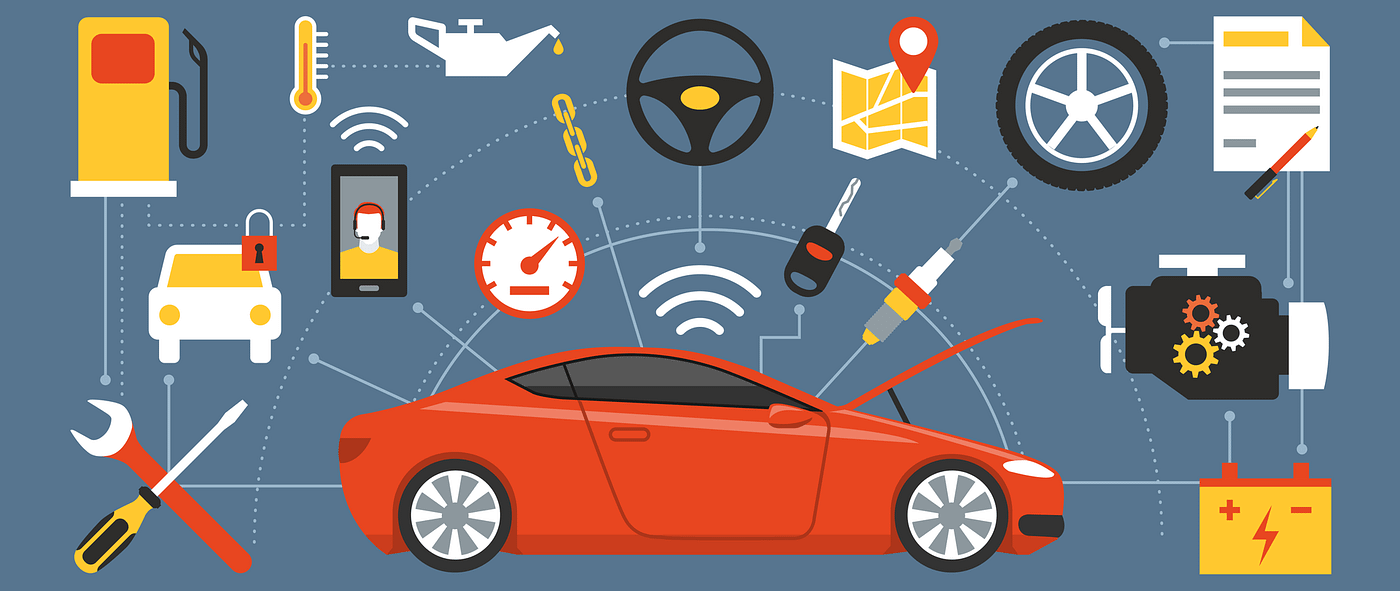All Categories
Featured
Your automobile's engine is a complicated item of machinery that requires routine treatment to operate successfully. By taking preventive steps, you can maintain your engine running smoothly and prevent considerable costs.
Engine oil lubes interior parts, decreasing rubbing and wear. Change the oil and oil filter as suggested by your automobile's producer-- typically every 5,000 to 7,500 miles for modern vehicles. Using the ideal type of oil is just as essential; consult your proprietor's handbook to make certain compatibility with your engine.
The engine's air conditioning system prevents overheating, which can trigger serious damages. Check coolant levels often and refill as needed. In addition, comply with the supplier's guidelines for flushing and replacing coolant to maintain the system functioning efficiently.
![]()
Engines need a constant flow of clean air for combustion. A clogged air filter can minimize fuel performance and efficiency. Inspect the air filter regularly and change it when it appears filthy or after getting to the mileage specified in your vehicle's maintenance timetable.
Unusual sounds, decreased efficiency, or dashboard warning lights frequently signal underlying engine issues. Address these caution indicators immediately by seeking advice from a certified auto mechanic to detect and resolve problems prior to they rise.
Gas top quality directly influences engine health and wellness. Usage fuel with the correct octane score for your vehicle to avoid knocking and deposits in the combustion chamber. Sometimes, adding a fuel injector cleanser can likewise help preserve a tidy fuel system.
Glow plugs are important for sparking the air-fuel mixture in the engine. Damaged ignition system can cause misfires, inadequate gas economic climate, and enhanced exhausts. Follow your vehicle's maintenance schedule to replace them at the suggested periods.
![]()
Hostile driving, such as fast velocity and hard braking, locations added stress and anxiety on your engine. Keep steady speeds and practice smooth driving behaviors to lower unnecessary deterioration.
![]()
Split or worn belts and pipes can cause getting too hot or various other engine failings. Check these components routinely and change them if you discover any signs of wear, such as fraying or cracks.
Dirt and particles can harm engine components over time. Guarantee all seals are intact which the air consumption system is complimentary from obstructions. Normal checks can stop contaminants from causing damage.
Even if your automobile seems to be running well, regular examinations by a trusted mechanic can reveal concealed problems. A professional can identify wear-and-tear troubles early, saving you from pricey fixings down the line.
By adhering to these preventive measures, you can avoid the stress and expenditure of significant engine repairs. Routine focus and care not just maintain your lorry trusted but additionally improve its resale value and total efficiency.
- Keep the Oil System
Engine oil lubes interior parts, decreasing rubbing and wear. Change the oil and oil filter as suggested by your automobile's producer-- typically every 5,000 to 7,500 miles for modern vehicles. Using the ideal type of oil is just as essential; consult your proprietor's handbook to make certain compatibility with your engine.
- Refill and check Coolant On a regular basis
The engine's air conditioning system prevents overheating, which can trigger serious damages. Check coolant levels often and refill as needed. In addition, comply with the supplier's guidelines for flushing and replacing coolant to maintain the system functioning efficiently.

- Display Air Filters
Engines need a constant flow of clean air for combustion. A clogged air filter can minimize fuel performance and efficiency. Inspect the air filter regularly and change it when it appears filthy or after getting to the mileage specified in your vehicle's maintenance timetable.
- Be Alert to Warning Signs
Unusual sounds, decreased efficiency, or dashboard warning lights frequently signal underlying engine issues. Address these caution indicators immediately by seeking advice from a certified auto mechanic to detect and resolve problems prior to they rise.
- Use High-Quality Gas
Gas top quality directly influences engine health and wellness. Usage fuel with the correct octane score for your vehicle to avoid knocking and deposits in the combustion chamber. Sometimes, adding a fuel injector cleanser can likewise help preserve a tidy fuel system.
- Replace Flicker Plugs in a timely manner
Glow plugs are important for sparking the air-fuel mixture in the engine. Damaged ignition system can cause misfires, inadequate gas economic climate, and enhanced exhausts. Follow your vehicle's maintenance schedule to replace them at the suggested periods.
- Avoid Harsh Driving Behaviors

Hostile driving, such as fast velocity and hard braking, locations added stress and anxiety on your engine. Keep steady speeds and practice smooth driving behaviors to lower unnecessary deterioration.
- Examine Belts and Hose Pipes

Split or worn belts and pipes can cause getting too hot or various other engine failings. Check these components routinely and change them if you discover any signs of wear, such as fraying or cracks.
- Protect Against Pollutants from Getting In the Engine
Dirt and particles can harm engine components over time. Guarantee all seals are intact which the air consumption system is complimentary from obstructions. Normal checks can stop contaminants from causing damage.
- Schedule Routine Assessments
Even if your automobile seems to be running well, regular examinations by a trusted mechanic can reveal concealed problems. A professional can identify wear-and-tear troubles early, saving you from pricey fixings down the line.
By adhering to these preventive measures, you can avoid the stress and expenditure of significant engine repairs. Routine focus and care not just maintain your lorry trusted but additionally improve its resale value and total efficiency.
Latest Posts
What Are the Leading Trending Furnishings Styles This Year?
Published Jan 08, 25
0 min read
Tinley Park’s Go-To Roofing Experts - A-Abel Roofing
Published Jan 08, 25
1 min read
Explore Red Hawk Gastropub: A Feast for the Senses
Published Jan 08, 25
1 min read